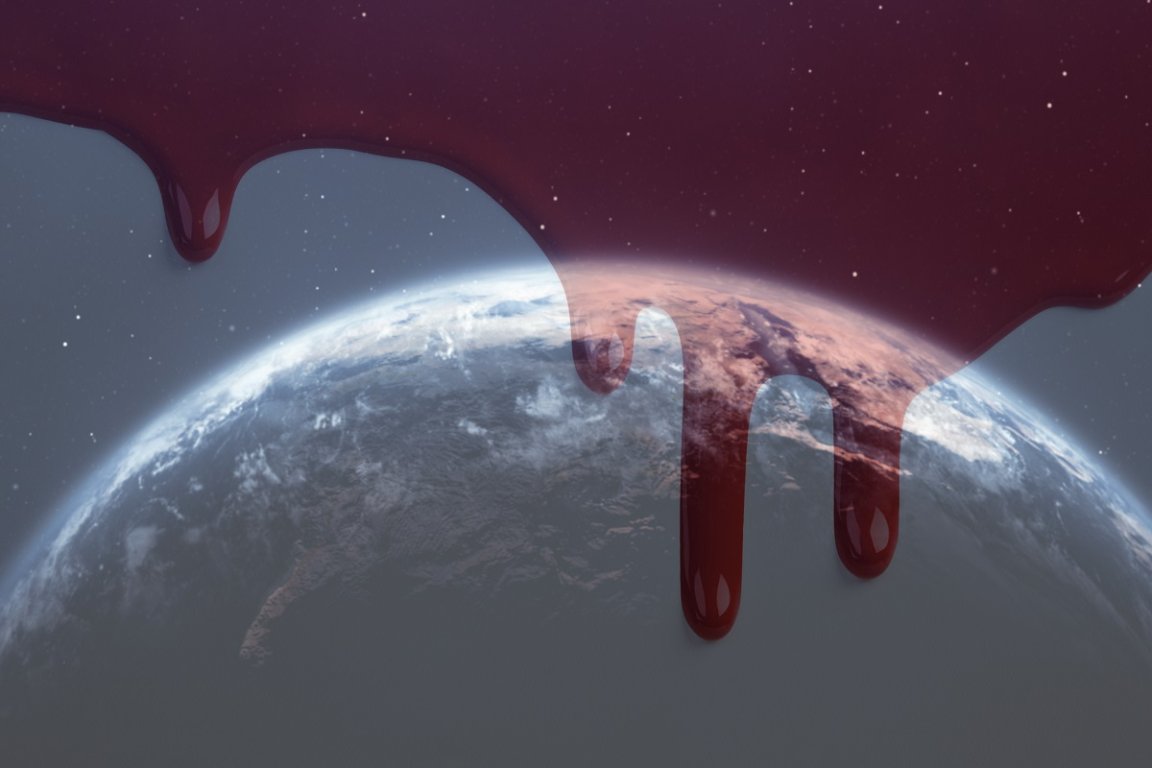
Chinese astronauts say they’ve grown stem cells in space, the South China Morning Post reports, in an achievement they say is the first of its kind.
If confirmed, the experiment could have have implications on fields ranging from stem cell research to regenerative medicine to the impact of space travel on the human cell.
The human pluripotent stem cells, which are the embryonic cells that can become any major human cell, were launched into orbit last month, as reported by the Hong Kong-based newspaper. Astronauts took them abroad Tiangong, China’s recently-launched space station. For half a month, scientists cultured the cells in the Wentian laboratory module, a segment of the station dedicated to advanced life science experiments.
And on Sunday, the stem cells returned to our planet for further analysis.
“We have achieved the first goal of our experiment, which is to produce human blood stem cells in space,” lead scientist Lei Xiaohua of the Chinese Academy of Sciences told the state-run broadcaster CCTV, as quoted by the SCMP. “While in orbit, the stem cells were in good condition and the collected pictures were clear. The data collected was in line with our expectations.”
China isn’t the only country sending stem cells into space.
Last month, researchers at Cedar-Sinai shipped stem cells to the International Space Station to see if they could grow large quantities of stem cells in microgravity. Space seems to be a great environment to grow stem cells, because it allows for three dimensional growth, just like in the human body, versus culturing the cells in a typical Earth-based laboratory. Axiom Space and its crew of space tourists helped the researchers ferry the precious cargo to the station.
The Cedar-Sinai experiment is intended to study the impact of microgravity and space-related factors like radiation on stem cells, but also to see if they can produce positive findings for future stem-cell based therapies.
All told? Blood in space… sure, it’s a good premise for a horror movie, but it could also lead to some fascinating new biomedical frontiers.
More on space: A Brief List of Horrifying Things Space Travel Does to the Human Body